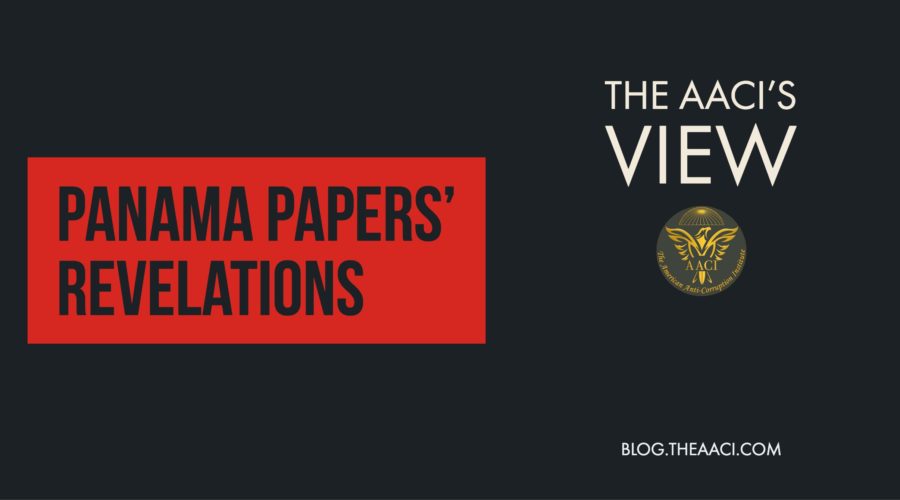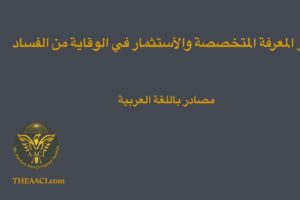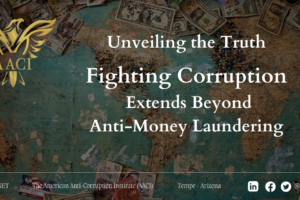The AACI’s View
December 25, 2017
Panama Papers scandal is marked as the most significant leak of private financial data to the public in history. Even though it shocked the entire globe in 2016, its consequences are still unraveling, and impacts are unfolding. The EU to force firms to reveal true owners in the wake of Panama Papers, as reported by the Guardian on December 15, 2017. However, it seems that the international community does not exert enough pressures on countries providing secretive offshore safe havens to criminals who launder money, dodge sanctions and evade taxes.
We do not think that globalization needs or requires more international agreements to mitigate the risks of money laundering, corruption and financing terrorism. We believe the international community needs to stand up united in meeting its obligations agreed on in the United Nations Convention Against Corruption and comply with the standards set by the Financial Action Task Force (FATF).
This historic and shameful financial and legal scandal is a vivid alarm to each country. Developed and developing countries suffer from the existence of nations protecting criminals and kleptocrats using and exploiting their corporate law and financial system. When the true beneficiaries of companies or trusts are not known to local authorities and are not made available to the public in a public registry, we believe that the global magnitude of money laundering, financing terrorism, and corruption will exceed USD 3 trillion during 2018.
In his first UK lecture since leaving office, the former prime minister David Cameron said on December 13, 2017, that “ The things the wave of anti-globalization is in danger of ushering in – isolationism, protectionism, unilateralism – endanger our countries and our world. And they particularly threaten the fight against corruption.”
“The cancer of corruption is developing, metastasizing and becoming more commonplace, more complex, more multi-layered, elusive and ingrained,” he said, adding that the best antidote was “transparency, real democracy, and accountability”. Besides, as we believe, fighting corruption requires prevalence of the rule of law.











































